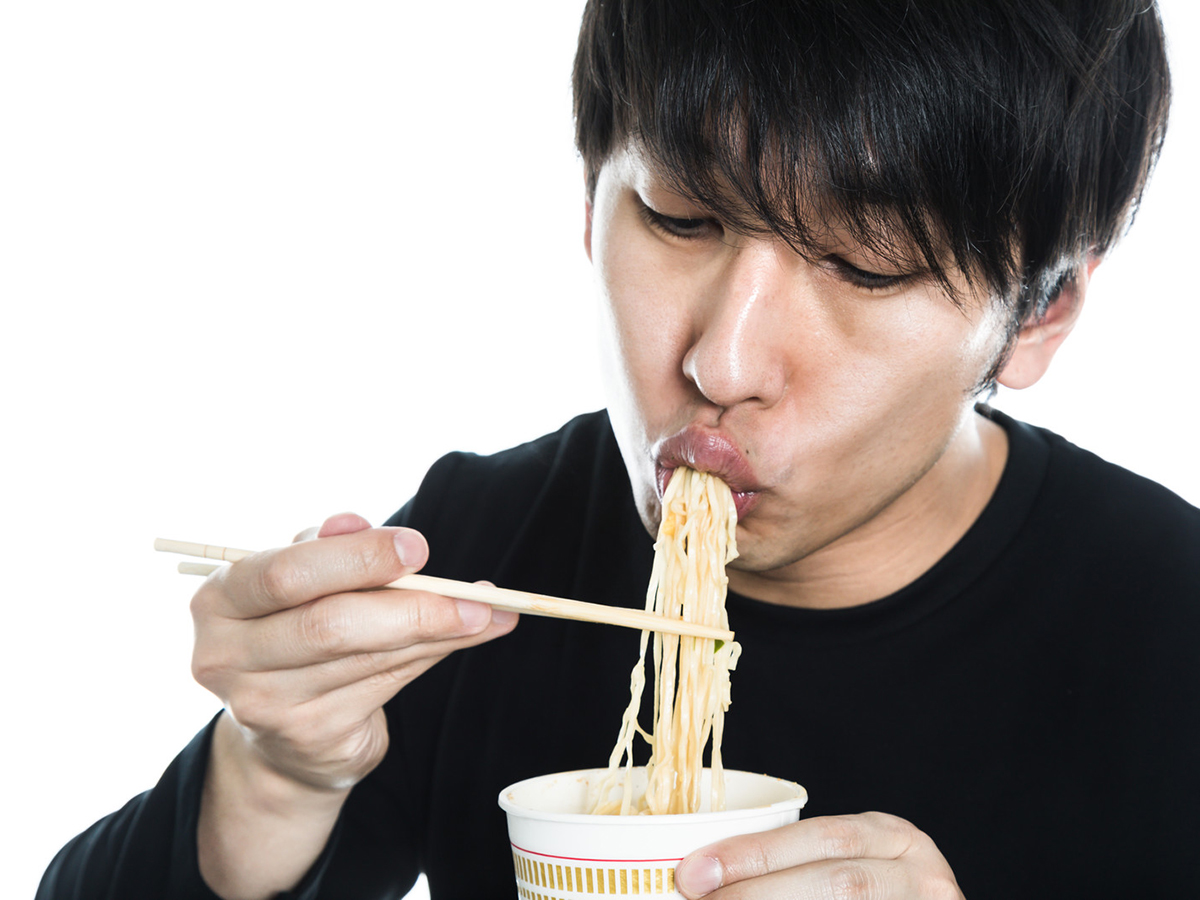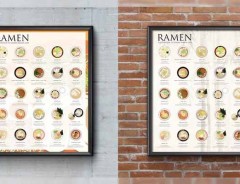
Source: © Pakutaso
To Slurp Or Not To Slurp: Tourists’ Reactions Spark Online Debate on Noodle Manners
- Tags:
- foreign tourists / noodle harassment / Noodles / Ramen / slurping / Soba / sound harassment / Tatsumasa Murasame
Related Article
-

Nissin Cup Noodle tackles 33 tons of plastic waste with new double-flap “cat” lid
-

Nissin Hopes to Fight “Noodle Harassment” With Slurping Noise-Neutralizing Noodle Fork
-

Interview with Kyoto Pop Singer Asachill
-

Ramen-ize Your Room With This Mouth-Watering Ramen Poster!
-

Popular Kyoto ramen chain releases fancy silver ramen bowls to celebrate 2020
-

Gather Your Favorite Ingredients And Make Delicious Homemade Cup Noodles


As Japan approaches the 2020 Tokyo Olympics, the number of foreign visitors continues to increase year by year. A record 31 million foreign tourists visited the country in 2018. Naturally, this has created more opportunities for foreigners and Japanese people to become aware of both the similarities and the differences of their respective cultures.
Noodle Slurping
In many countries of the world, purposefully making noise while eating or drinking is considered to be bad manners. However, as we've seen before, slurping audibly has traditionally been considered a standard model of behavior in Japan when eating noodle dishes such as ramen and especially buckwheat soba noodles. Therefore, tourists unaccustomed to hearing slurping noises at a restaurant may understandably be surprised or even feel uncomfortable when they visit a noodle shop and hear people slurping around them.
In recent years, the issue has periodically been debated in Japanese media, with foreign tourists often expressing negative views. However, there may also be reasons for the debate which are intrinsic to Japanese society, such as a growing sensitivity to various forms of harassment. In the two decades since the enforcement of the Equal Employment Opportunities Act, which did much to combat sexual harassment in Japan, a whole glossary of terms such as maternity harassment, power harassment, smell harassment and sound harassment have entered public debate. In fact, at one point, instant noodle maker Nissin even sold a fork-like gadget equipped with noise-canceling technology specifically designed to combat "noodle harassment."
Noodle wars revisited
Recently, the debate flared up again on Japanese social media after a television news variety show did a feature on sound harassment (in other words "noodle harassment") in which they interviewed foreign visitors at a soba shop, including a French tourist who said: "When someone eats soba while slurping next to me, I get distracted and feel irritated."
Twitter user Haruka (@Kg5GhATZPPA1WKx), who has experience living in France, launched the first volley from the "anti-slurping" camp when she posted a screen cap of the show along with the following tweet which has nearly 15,000 likes at the time of writing:
"French tourist: 'Soba slurping sound is unpleasant' | This is something I also felt when I returned to Japan from France. | Of course, I understand that it's common to eat like this and considered a part of food culture in Japan, but I personally feel awkward about it. | I think hardly any young women slurp these days. | Food culture should change."
Enter Tatsumasa Murasame (@MurasameTatsu), the handsome landscape artist, bodybuilder and TV personality who was scouted for NHK's workout program “Minna de Kinniku Taiso” after being noticed for his muscular physique and his deep appreciation for Japanese culture. The Swedish born Murasame, a naturalized Japanese citizen since 2015, galvanized the "pro-slurp" camp with a short but effective rebuttal of Haruka's tweet:
"No need to change."
With over 137,000 likes and 48,000 retweets, Murasame's message in favor of preserving his adoptive country's "food culture" clearly resonated with many Twitter users.
Some of the reactions included:
Obviously, slurping is not an obligation and nobody (except perhaps a drunk salaryman) will ever criticize you for not doing so if you visit a Japanese noodle shop. However, even if you feel bothered by Japanese people slurping around you, it seems a bit arrogant to expect that the practice should change because of your own cultural norms. If it really bothers you, you can always try to plan your visit when the store is less crowded, wear ear plugs if you must, or have a bowl of noodles delivered to your hotel room. Or then again, you could just give it a try and maybe you'll discover what one Twitter user pointed out: